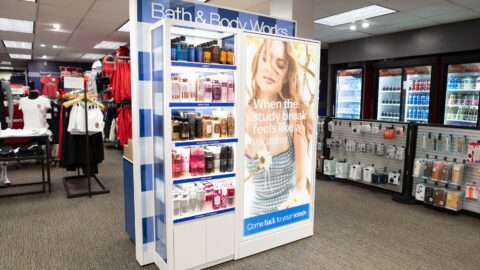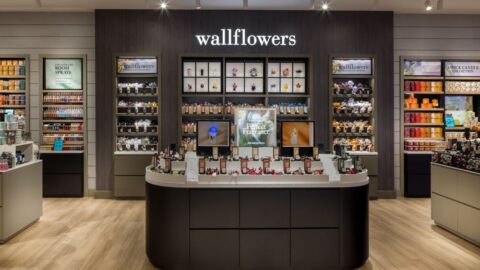Shoppers might not equate their love for a family member, significant other or friend with their feelings for a brand, but retailers need to elicit such an emotional state from consumers if they want to cultivate brand loyalty. It’s rarely love at first sight: “Consumers date your brand, until they decide they love your brand,” said Jeff Fromm, President of FutureCast, during a Retail Innovation Conference keynote presentation.
The challenge for retailers is a bit of a paradox: they need to deliver both consistency and spontaneity to the shopper. Fromm compared retailers’ task to taking someone out on a date to their favorite restaurant and bringing their favorite flowers and chocolates along. Fromm noted that while that’s great the first time, it doesn’t work if the same treatment happens 100 nights in a row.
“How many of you as retailers want to deliver the exact same guest experience 100 times in a row, and expect the same excitement?” Fromm said. “There’s a law of diminishing marginal returns. Love is tricky and it’s hard, because consumers have so many direct and indirect alternatives.”
The FutureCast team found that 75% of retailers’ financial performance is related to pricing strategy and distribution strategy, but among retailers that compete on the basis of differentiation, this number drops to 65% to 70%. The reason? Brand preference becomes more important.
Fromm highlighted six factors that both drive the concept of brand love and fill the gaps retailers typically have with their intended audience:
- Social Circle – Is your brand part of cultural conversation?
- Self – Does your brand create an emotional connection?
- Innovation – Defined as “The Useful New;”
- Trusted – Brands either have it or they don’t;
- Accessible – Hyper-useful and hyper-convenient;
- Purpose – Does the brand add good to society?
Cutting Through Generational Generalizations And Myths
During the keynote, Fromm also sought to dispel the generational myths that have sprung up around Millennial and Gen Z shoppers.
“Generations are not homogenous cohorts, and the myths about generations will slow you down,” Fromm said. “Not all Millennials are broke, unemployed and live in their parents’ basements among a collection of participation trophies that they’ve never earned. It’s not a great win for brand loyalty to think of them through that lens.”
For example, Fromm noted that the fastest-growing group of affluent people are Millennial women over the age of 30, while one in four stay-at-home parents today is the father. He also pointed out that Gen Z consumers are “old souls in young bodies,” who despite their digital savvy share attitudes that are more in tune with shoppers in their 50s and 60s than their Millennial counterparts.
And while the contention that Gen Z’ers have the attention span of a goldfish tends to float around conferences, Fromm argued that frankly, today everyone does.
“It’s absurd,” Fromm argued. “Just-in-time retail shoppers demand just-in-time content. If you’re not getting the results you need with your content then look in the mirror, take a half-step back and say, ‘You know what? We need to think differently.’”












